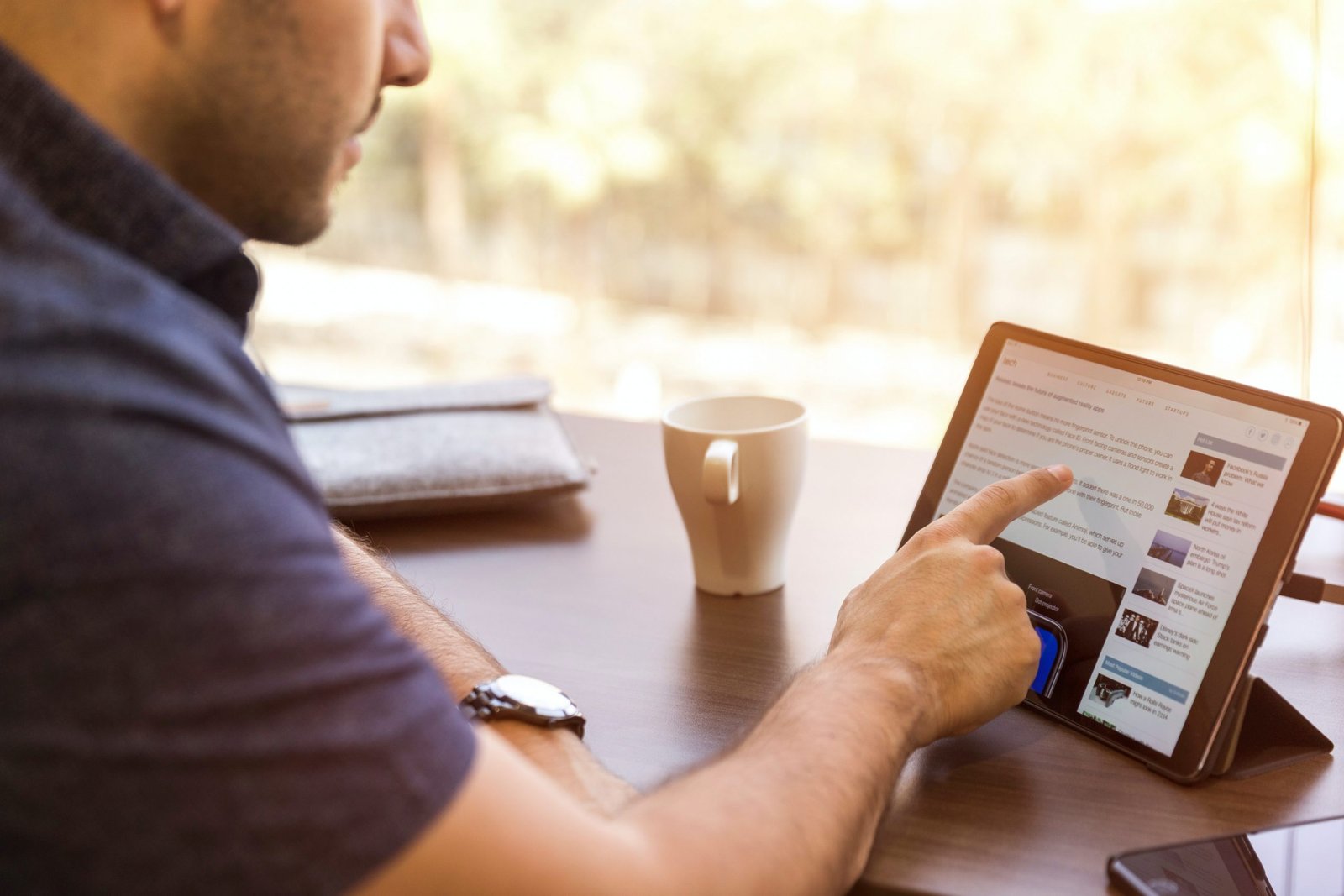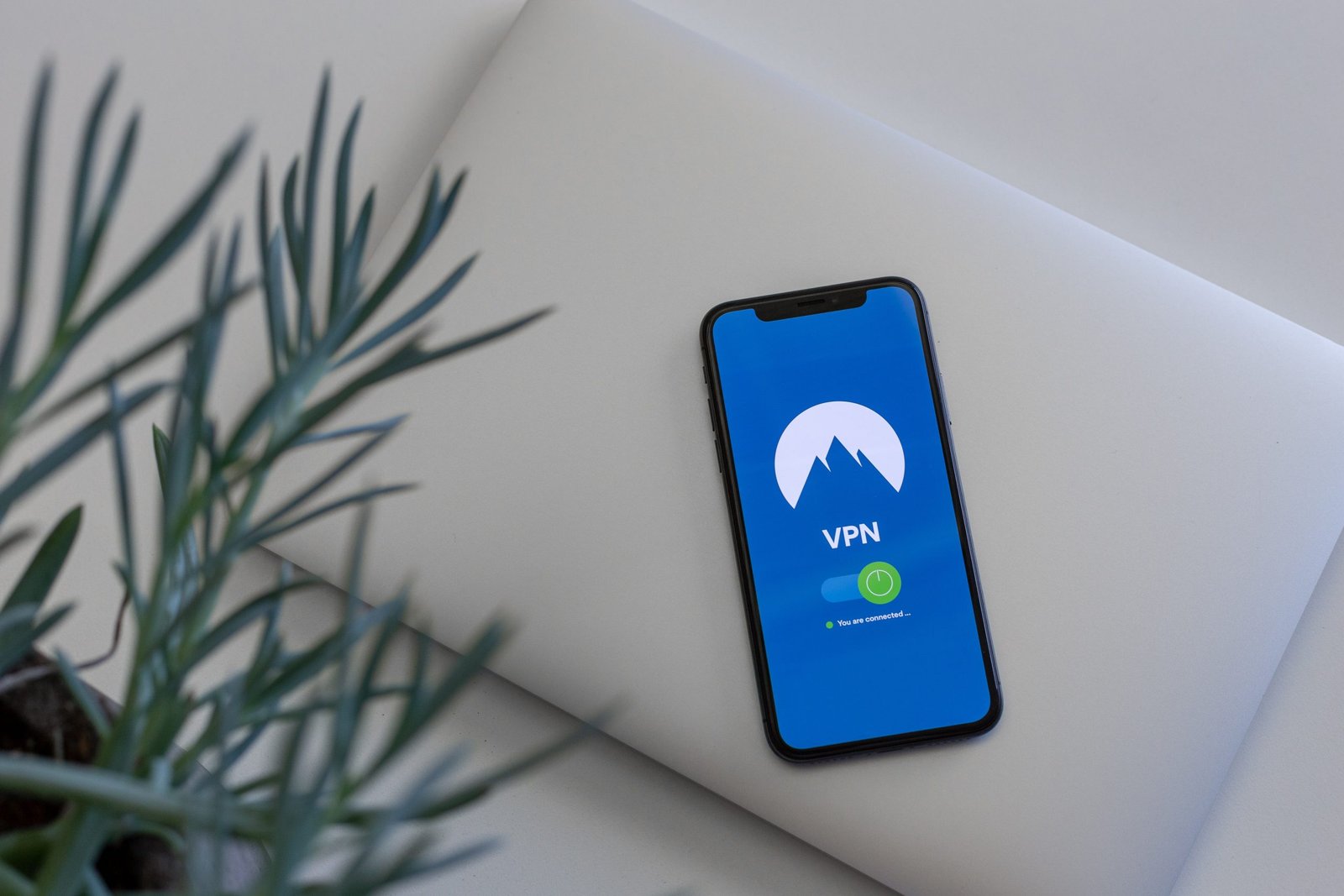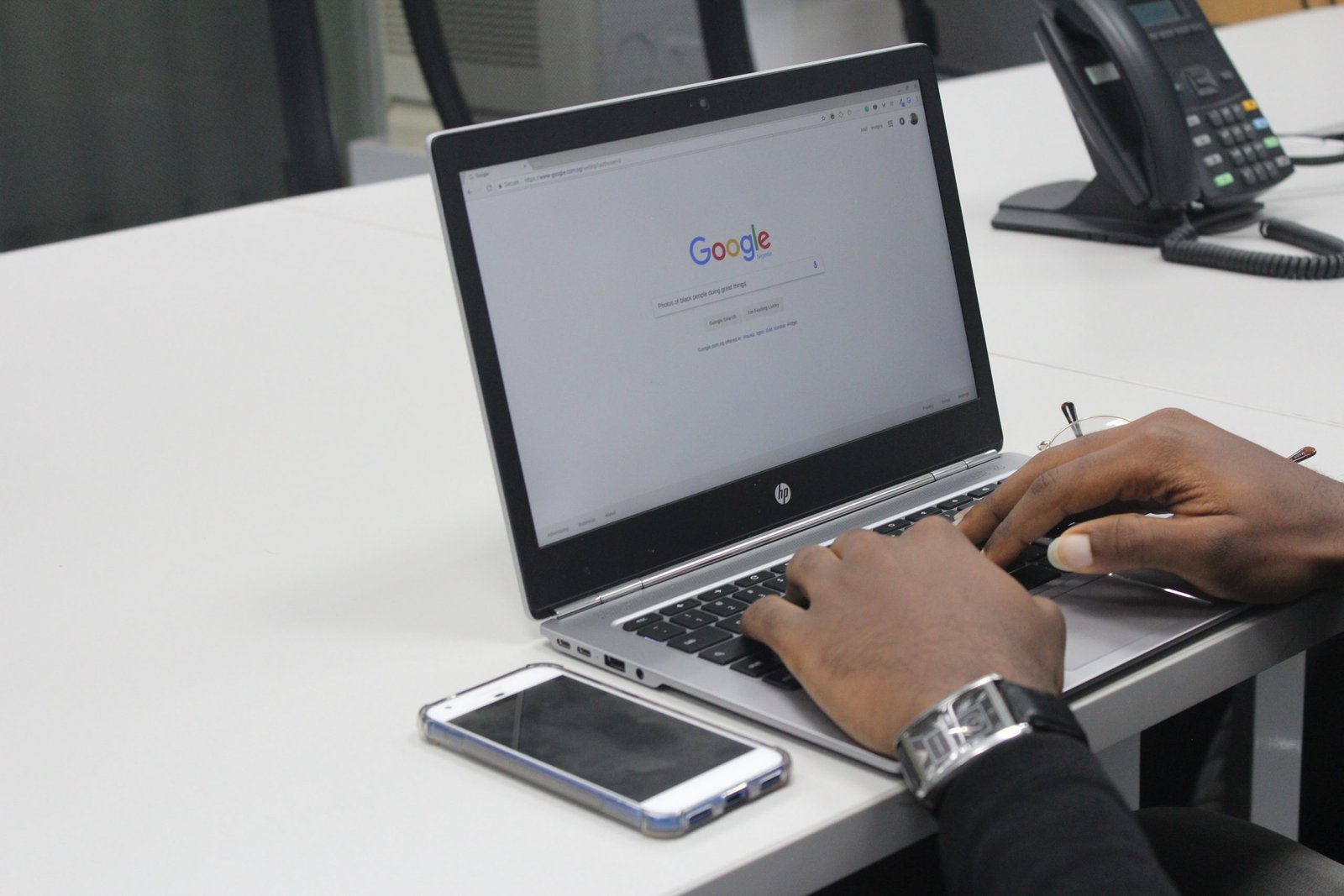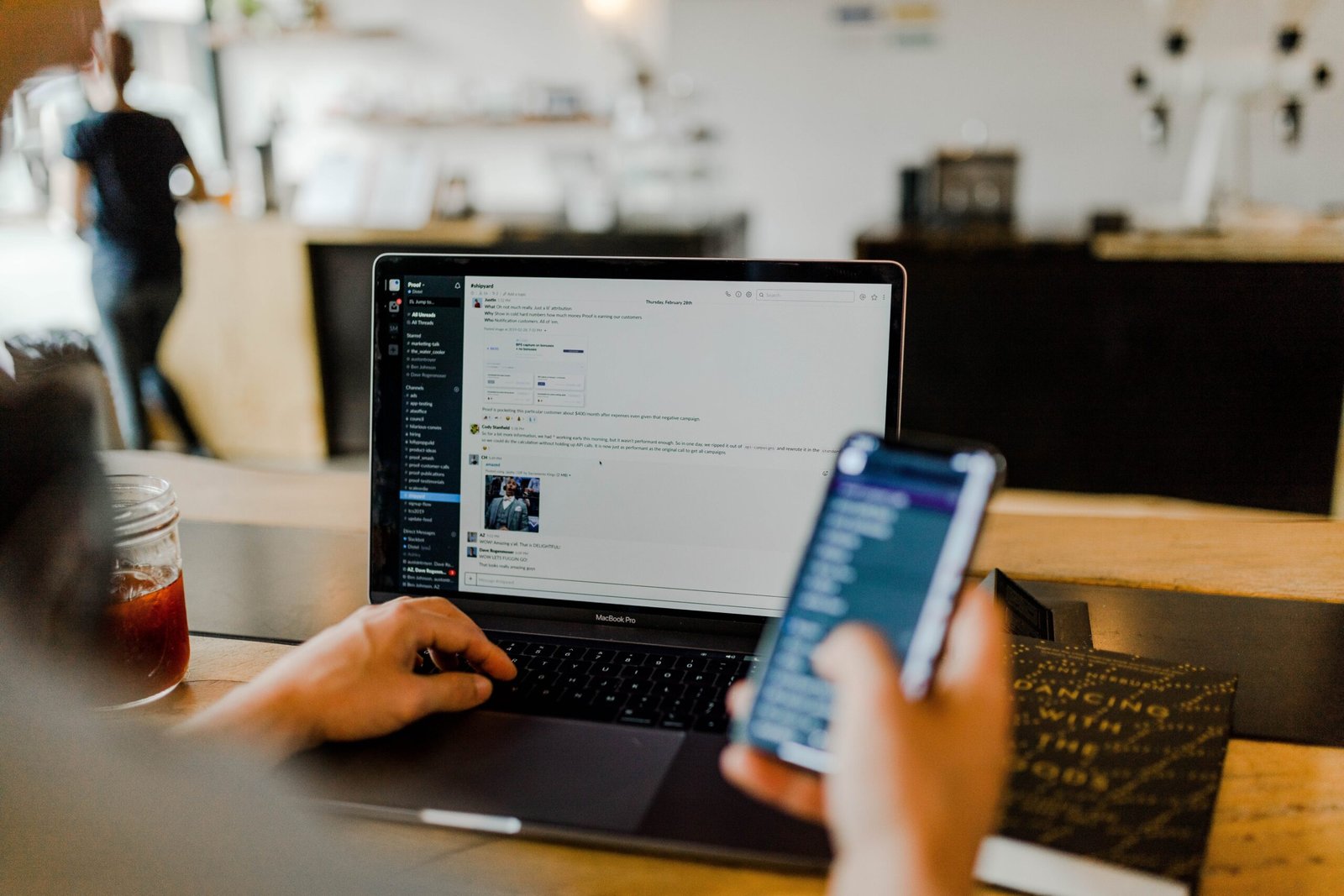As a newbie in this field, you may have difficulties understanding what a VPN is and how it works.
We have collected the most common VPN questions so that you can decide for yourself whether you need such a service or not.

What is VPN, and why do I need it?
What is the purpose of a VPN? The primary purpose of a VPN is to hide your online activities. VPNs are often used to protect you from hackers on public networks. However, they are also helpful for hiding your IP address, browsing activities, and personal data on any WiFi network, even at home.
Is a free VPN secure?
Free VPNs are not secure because VPN services have to pay expensive bills to maintain the hardware and expertise needed to support large networks and secure users. As a VPN customer, you either pay with your money for a premium VPN service or with your data for free services.

Is Netflix VPN legal?
Using a VPN with Netflix is often equated with piracy, but accessing the provider’s international catalogs is different from torrenting copyrighted material. It is not illegal in any way and will not currently result in criminal or civil prosecution anywhere in the world.
What happens when the VPN is turned on?
A VPN hides your IP address and location. When you use a VPN service like VPNwelt, your Internet traffic is redirected through an external server, and your online activity can only be traced back to the IP address of the VPN server, but no longer to your IP address and you.
Do VPNs protect you from viruses?
Although it is a cornerstone of any good cybersecurity system, a VPN does not directly protect you from viruses. … Those who use a virtual private network are less likely to be hacked or infected. But that’s not because a VPN would detect and remove malicious software from your device.
Will VPN protect you from the government?
If you choose a VPN service carefully, it can protect your data from ISPs, criminals, and government surveillance. NordVPN offers many security-focused features to protect your privacy online, no matter what device you’re using.

Can the police track VPN?
Police cannot track live encrypted VPN traffic, but they can contact your ISP (Internet Service Provider) and request connection or usage logs if they have a court order. Since your ISP knows you are using a VPN, they can refer the police to that provider.
Is online banking with VPN safe?
Is it safer to do banking with a VPN? As long as you use a VPN with strong encryption standards and many servers in your home country, it is safer to access your account, especially when you are away from home. Encryption protects your Internet connection so that cybercriminals can’t eavesdrop on it.
How does Google know my location when I use VPN?
Believe it or not, your WiFi router can share your data with Google. Yes, even if you use a VPN, Google can determine the geographical location of your WiFi router and thus find your location. Most of the population has a Google account. This is simply a fact.

Will Google block VPN?
Like all websites with geographical restrictions, Google is also blocked by denying users access based on their IP address. You can connect to hundreds of VPN servers and change your IP address to make it look like you are connecting from another location.
How do I set up a VPN?
- Open the Settings app on your phone.
- Tap Network & Internet Advanced. VPN. If you can’t find it, search for “VPN.” If you still can’t find it, contact your device manufacturer.
- Tap the VPN you want to use.
- Enter your username and password.
- Tap Connect. If you’re using a VPN app, the app opens.






